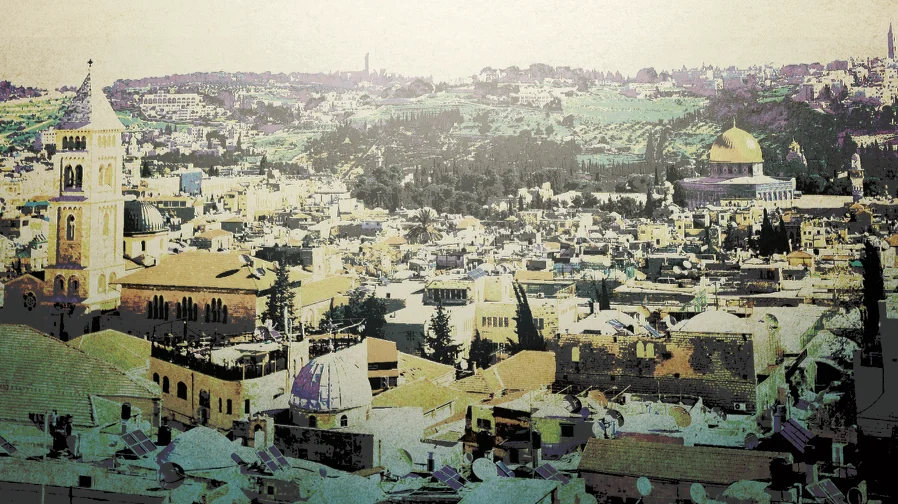Connecting with the Enemy
Thousands of ordinary people in Israel and Palestine have engaged in a dazzling array of daring and visionary joint nonviolent initiatives for more than a century. They have endured despite condemnation by their own societies, repetitive failures of diplomacy, harsh inequalities, and endemic cycles of violence.
Connecting with the Enemy presents the first comprehensive history of unprecedented grassroots efforts to forge nonviolent alternatives to the lethal collision of the two national movements. Bringing to light the work of over five hundred groups, Sheila H. Katz describes how Arabs and Jews, children and elders, artists and activists, educators and students, garage mechanics and physicists, and lawyers and prisoners have spoken truth to power, protected the environment, demonstrated peacefully, mourned together, stood in resistance and solidarity, and advocated for justice and security.
“This is a profoundly important study of the history and ongoing efforts for Israeli- Palestinian peace by ordinary Israelis and Palestinians. It is by far the most comprehensive history of this aspect of the conflict I have ever read. It offers a genuinely balanced perspective.”
- Stephen Zunes, University of San Francisco, coeditor of Nonviolent Social Movements: A Geographical Perspective and author of Tinderbox: U.S. Middle East Policy and the Roots of Terrorism
About
Sheila H. Katz, Ph.D, Middle East History is Professor of Middle East History in the multidisciplinary Liberal Arts Department at the Berklee College of Music in Boston. She completed her doctorate at Harvard University where she specialized in Palestinian-Israeli relations, organized programs on Middle Eastern women, and taught for eight years. Her book, Women and Gender in Early Jewish and Palestinian Nationalism (University Press of Florida, 2003), looks at the formation of the conflict through the lens of intertwined identities of gender and nationalism. She has published numerous articles and reviews in Kandiyoti’s, Gendering the Middle East, the Arab Studies Journal, the International Journal of Middle East Studies, the Middle East Journal, the Association of Middle Eastern Women’s Studies Newsletter, Harvard International Review, and Lilith. Katz founded one of the early networks for Palestinians and Israelis to confront tough issues during the years she lived in Jerusalem while also leading workshops on issues of race, class, and gender inequality in Israel, Palestine, Cyprus, Northern Ireland, England, France, Sweden, Italy, Greece, and the U.S.
Events


